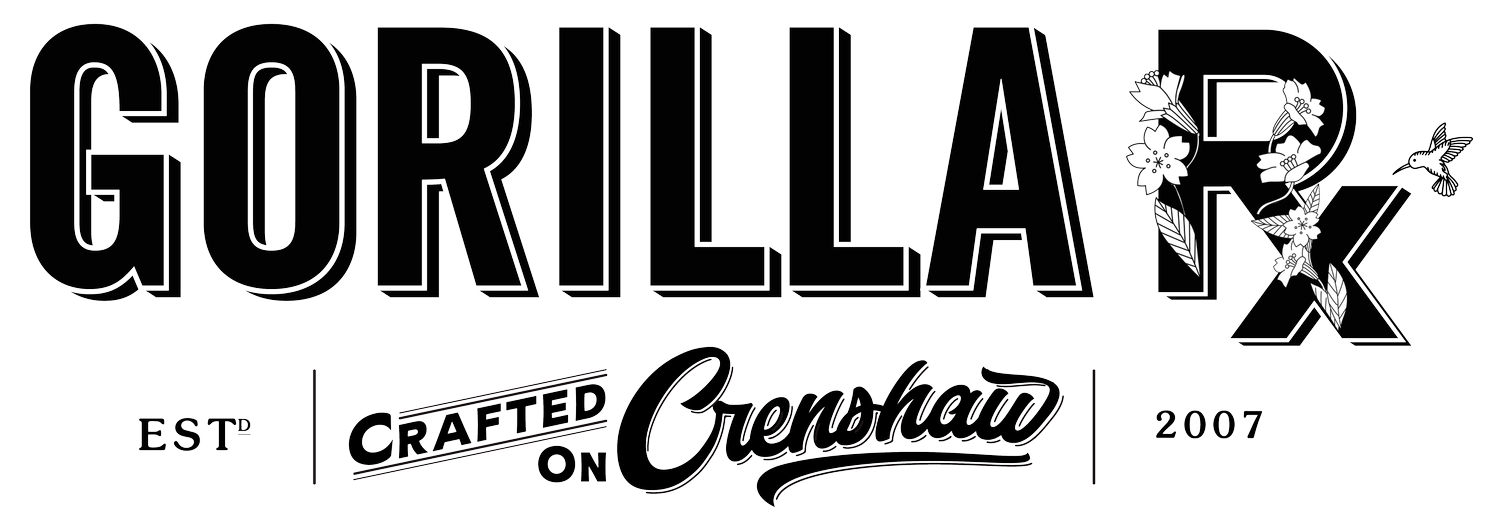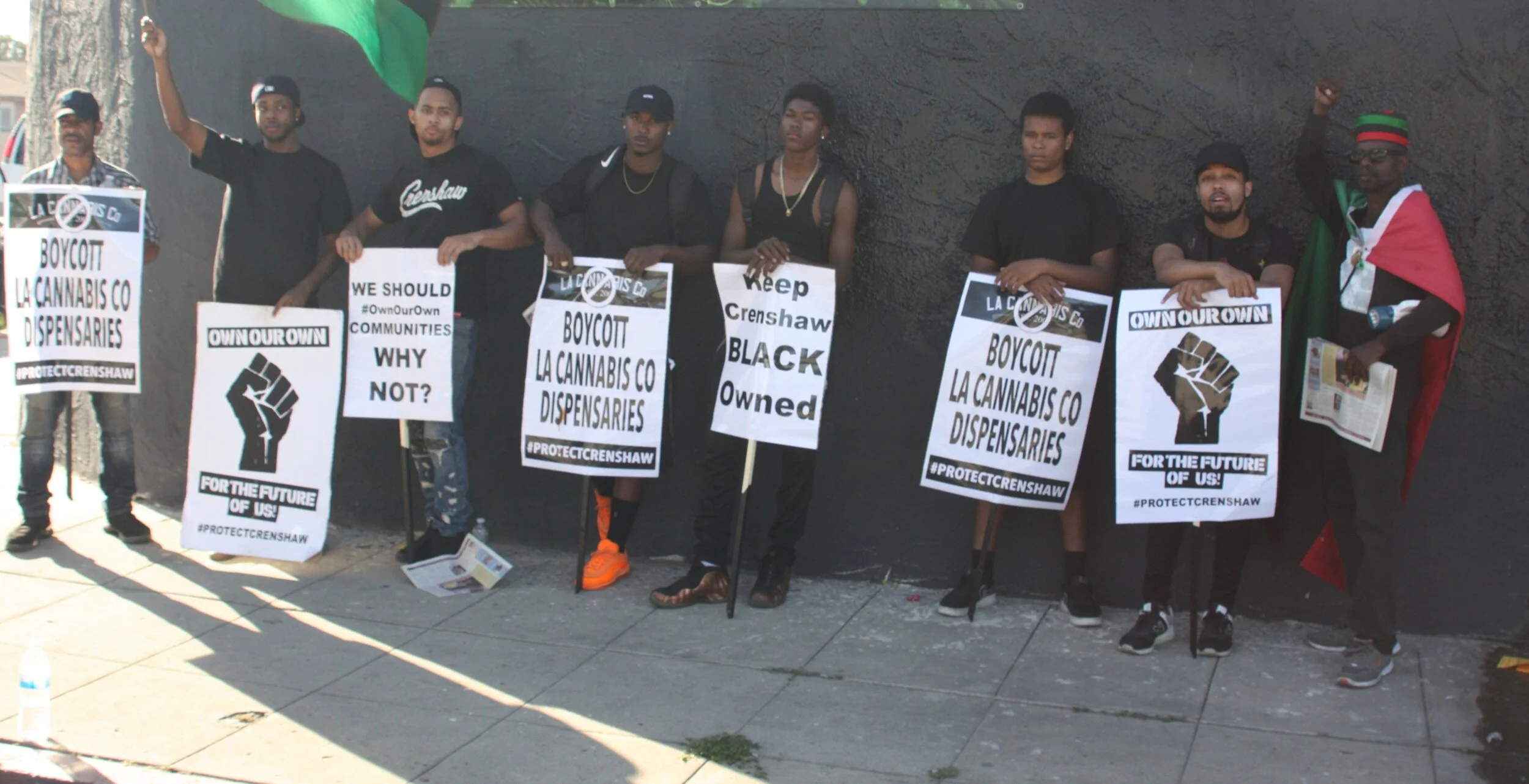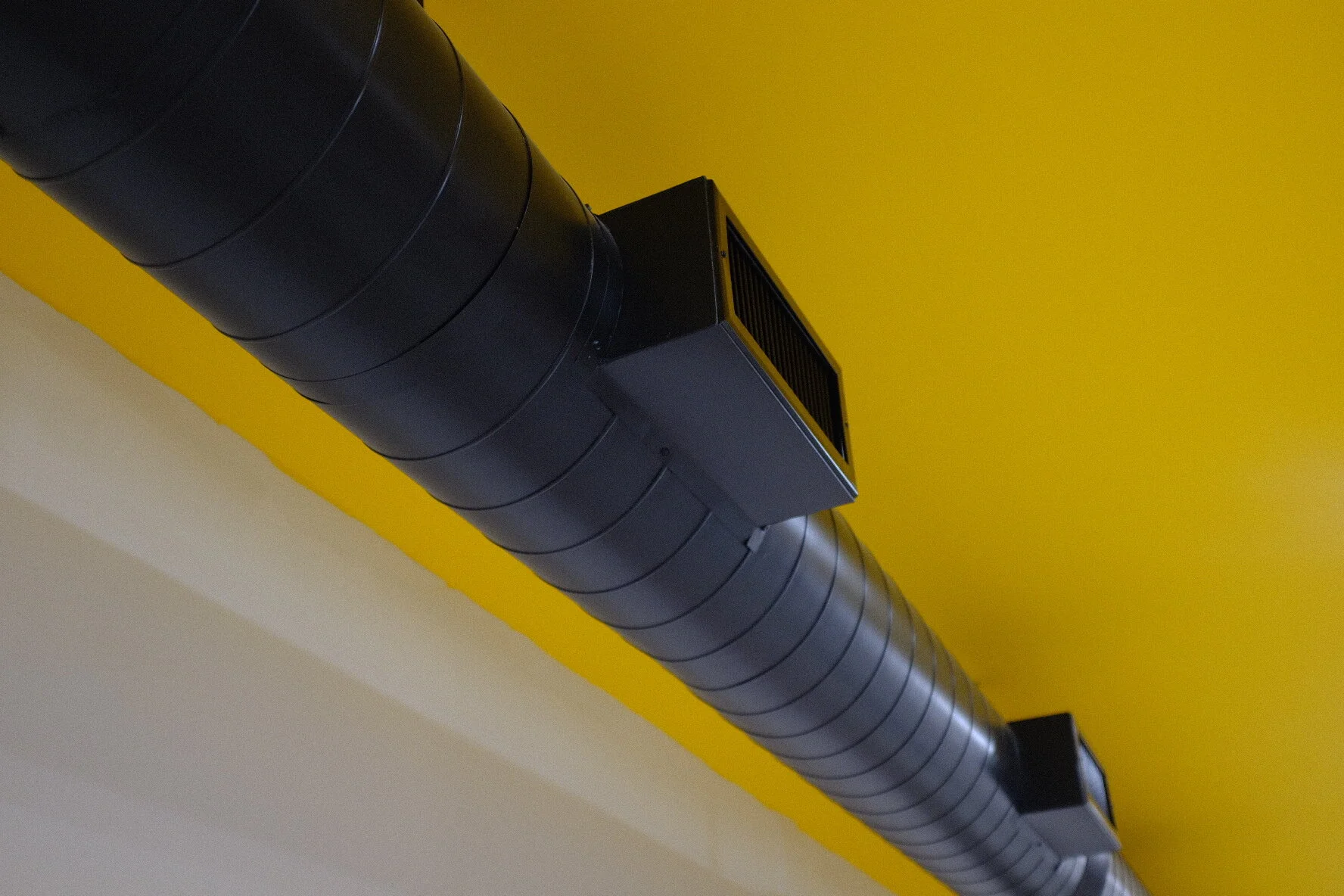In 2008, we launched Gorilla Life Beverage Co., a chlorophyll drink made to lift an ailment that, in turn, helped lift the community.
On its first adventure, Gorilla Life showed up on shelves of Whole Foods grocery stores in Southern California, Arizona, and Hawaii. This move was an effort to fund the non-profit Sweet Strings, a project started with the intent to bring orchestral music to inner-city youth. During this time navigating the complexities of distributing to Whole Foods, we gained a valuable decade worth of experience in operating, manufacturing, distribution, regulation, and compliance.
Sweet Strings: A non-profit inner-city youth orchestra founded by Kika Keith located in South Central Los Angeles. In 2001, 116 children, ages 5 to 17 were actively participating in the program while more than 250 were on a waiting list to be a part of the program.

In 2017, the City of Los Angeles introduced the idea of a Social Equity Program for their Cannabis Businesses. It was created with the purpose and the intent to promote equitable ownership and employment opportunities IN THE CANNABIS INDUSTRY IN ORDER TO DECREASE DISPARITIES IN LIFE OUTCOMES OF MARGINALIZED COMMUNITIES AND TO ADDRESS THE DISPROPORTIONATE IMPACT OF THE WAR ON DRUGS IN THOSE COMMUNITIES.
With this new program starting, we pivoted from the food and beverage industry into cannabis and got involved with early stakeholder working groups alongside Cat Packer, now the current director for the city’s Department of Cannabis Regulation, or DCR. At this point, it was realized how critical education around regulations and compliance would be for the success of other social equity entrepreneurs.
As recreational cannabis took off, so did predatory practices of those entering the budding Los Angeles cannabis market. Despite this, a partnership was made allowing a lease for a property in the heart of Crenshaw, a community we had a long-standing relationship in. Through continuous active engagement with state and local cannabis policies, a common thread was discovered:
outside dismantling of proposed policies and programs aimed to benefit those disproportionately affected by the war on drugs.
These delays in programming lead to more predatory investors, landlords doubling rents, and opportunities for lobbyists to negatively impact the original intent of the Social Equity Program through ordinance changes that allowed existing medical marijuana dispensaries to move their locations prior to the launch of the said program.

In 2018, our property that had obtained was in jeopardy when the city permitted a licensed dispensary to move next to our location during the delay for social equity licensing. The community was outraged to learn that the multi-million dollar franchise dispensary would knock us out of licensing contention due to inter-dispensary 700ft buffer rules.
Protests activated the community,
and an ordinance was changed.
The City of Los Angeles Social Equity Program did not provide community outreach or education programs, so the community resolved to do it itself. This has sparked a movement and the formation of a grassroots organization called Life Development Group, founded by Kika Keith and led by Social Equity Applicants and entrepreneurs.

In 2019, while actively engaging with community members in South Central LA, Kika meets a mother at a neighborhood council meeting who was concerned about a predatory contract her son received.
LDG members start receiving more “sharecropper” agreements, and after multiple attempts to inform city officials of the shark-infested waters for Social Equity Applicants seeking investors, LDG launched a petition on change.org demanding stricter scrutiny of contracts by the DCR.
The LDG Team met with Cat Packer to provide examples of actual predatory contracts in efforts to shape policy to protect applicants. Within weeks, the DCR published new guidelines.
After nearly 2 years of awaiting the Phase 3 Social Equity Retail Licensing, 10am September 3, 2019, the City of LA opened its first-come, first-serve online application.
October 2019
Evidence was released documenting the failure of the Phase 3 licensing submission process that questioned the legitimacy of the first-come, first-serve process and proved what we all knew:
There was corruption.

Life Development Group and the California Minority Alliance aligned efforts to ensure the original intent and spirit of the Social Equity Program was protected from corporate interest. Organizing hundreds of South Los Angeles community members and Social Equity Applicants, the Cannabis Commission meetings became the focal point for public outrage.
On October 28th, Council President Herb Wesson urged the suspension of the Social Equity Program based on evidence of tampering of the online submission process.
November 2019
The battle was just beginning as the DCR continued to move forward with the licensing process despite the urging of Council President Wesson to suspend the process.
The interest of “big business” once again was being prioritized.
In efforts to build a coalition of community members, LDG worked with Empowerment Congress West Neighborhood Council’s Cannabis Committee to broaden its community engagement and began outreach to SLAANC, representing the 15 Neighborhood Councils in South Los Angeles, hardest hit by cannabis arrests. On November 21st, SLAANC board members voted unanimously to start a Cannabis Committee representing all 15 Neighborhood Councils.
As city officials passed the buck on how it would remedy the failed application process, the mayor ordered a 3rd-party audit, but the city council failed to make a motion to address the community's outrage and DCR’s misconduct. Without any proper communication or resolution from the city, community members organized to confront the mayor in public, on the lawn of City Hall, to demand action.
Questions about Los Angeles' cannabis social equity process had been significant enough to halt licensure, as the mayor ordered the city's DCR not to issue the first 100 social equity licenses or open a second application round until the audit is complete.
LDG continued it’s grassroots mobilization efforts to educate community members and Social Equity Applicants on the importance of advocating for transparency and justice. Community members demanded the Cannabis Regulation Commission and city council form a Community Stakeholder Working Group for oversight of audit and policy reform, upon news of a leaked videotape of council president Herb Wesson’s chief deputy admitting that over 30 people had entered the application portal early.
December 2019
City Council cancelled the last council meeting of the year, leaving Social Equity Applicants in economic peril, footing the bill on monthly leases of empty commercial properties, as we awaited word from council for a remedy of flawed application processes. Executive Cat Packer was receiving the brunt of the blame, but we continued to hold city council members and the mayor's office accountable. Training community members in grassroots lobbying.
In efforts to protect the rights of Social Equity Applicants from predatory practices from city officials, lawyers, investors, and so-called “advocates,” LDG joined a coalition of applicants to form the Social Equity Owners and Worker Association, or SEOWA, a union solely operated and organized by Social Equity Applicants.
March 2020
The City of Los Angeles released the long-awaited results of the audit, admitting that 226 applicants accessed the application system early, yet deemed the DCR’s process to be fair and transparent. The audit admittedly stated, “applicants were disadvantaged” in the first come first serve process. This admission of guilt with no tangible remedy for the flawed process demanded objective accountability. SEOWA filed a lawsuit against the City of Los Angeles and DCR to address the grave miscarriage of justice.
June 2020
After a year of pressure from the community for a reorganization of social equity policies, the DCR proposed multiple changes to the program and published four reports that included new “equity share requirements” to combat predatory agreements.
In July 2020
Attorney Rickey Ivie presented our case for a temporary restraining order against the city. But instead, Judge Mary Strobell granted SEOWA a preliminary injunction hearing. The expedited hearing compelled the City of Los Angeles to make an offer of settlement for 100 additional social equity retail dispensary licenses. SEOWA agreed to drop the lawsuit and accept the settlement agreement ($300M valuation), that was signed by Mayor Eric Garcetti, on July 10, 2020.
September 3, 2020, 365 days after the infamous botched first-come-first serve Social Equity Retail License application process began, still NO Social Equity Dispensary licenses awarded
Two-and-a-half years after the launch of the Los Angeles Social Equity Program and over $11M in grants and funding to the DCR, still no technical assistance for applicants, business/compliance training, fee deferrals, or loan assistance programs for Social Equity Applicants. In efforts to continue to shine the light on the injustices and lack of prioritization for Social Equity in the City of LA, Kika Keith produced the second episode of WebJoint’s Social Equity: Up In Smoke documentary telling the stories of applicants journey and featuring expert witness Jason Frankowitz, who analyzed the technical faults of the licensing process.
Feb 2021
After spending 3 years fighting to keep the city accountable to the intent of the Social Equity Program, Kika has finally been able to don her entrepreneurial hat once again and begin building out her brand and dispensary.
Gorilla Rx will be first black-woman-owned dispensary in the heart of South Central Los Angeles, California. The vibrancy of our design, our commitment to having the largest black-owned selection of cannabis goods, and dedication to community education crafts the Gorilla Rx Wellness Co. experience.















